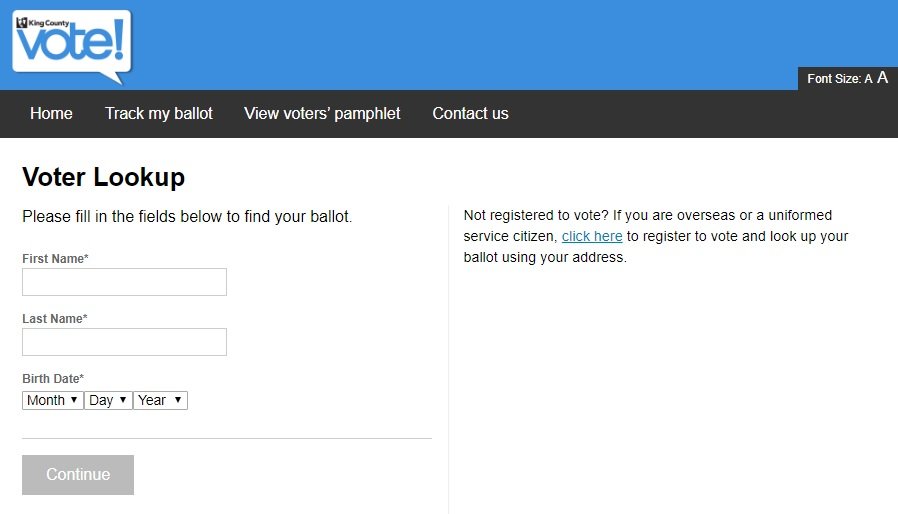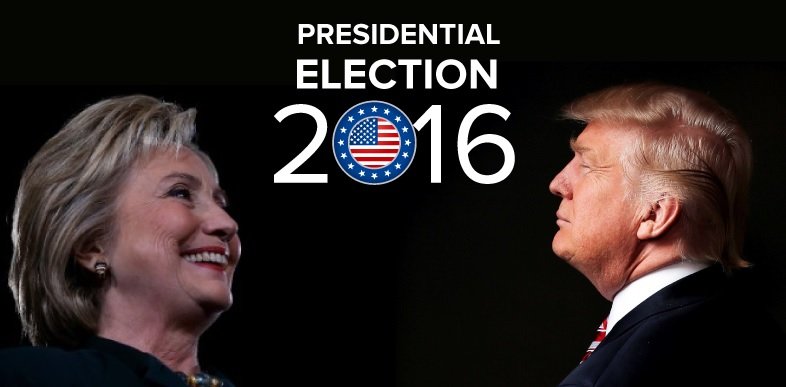Technological advances keep reaching new applications, both in everyday life and in relevant social aspects. Heading to the 2020 US election, it has been announced that a district that encompasses most of the city of Seattle will be the first in which total voters will be able to cast their ballots from a smartphone, cybersecurity experts report.
The state environmental agency King Conservation District, present in Seattle and more than 30 cities, has released more details about this plan to allow more than 1 million citizens to cast their ballots electronically.
The plan will be implemented during an election of the Board of Supervisors and votes will be received until February 11, Election Day. Bradley Tusk, CEO and founder of Tusk Philantropies, a nonprofit organization dedicated to the expansion of electronic voting, said, “This is the most important transformation campaign for the democratic process.” This organization will fund the pilot program.
Online voting systems will be enabled by Democracy Live, a Seattle-based company specializing in the subject. To enter the systems, registered voters must use their name and date of birth. After filling out their ballot, the voter must their submission via an electronic signature.

According to cybersecurity experts, sending the e-ballot is not the only option, as voters will be able to enter the system, complete the ballot and, instead of sending it, they will be able to print it and drop it personally in the ballot box or send it through traditional mail.
This measure has been backed and supported by electors and civilian organizations; however voters and democratic watchdogs have also expressed their concern on several issues. Local elections in the US are characterized by an extremely low participation rate so many analysts question the need to implement these complex plans. For example, the last election of the Board of Supervisors recorded a turnout of less than 1% of potential voters.
Tusk believes that the poor interest of voters in the process renders poor results delivered by governors, although the application of the technology could change this: “If we find a way to use technology to increase the participation of voters, we will achieve better representation and therefore better results from politicians,” he says.
Another big question about these plans has to do with cybersecurity. It is well known that, during the 2016 presidential election, the Russian government used cyberattacks to infer in the US democratic process.

While there is no evidence that these attacks have disrupted or altered electoral systems, data collection techniques were used to send highly targeted advertising to specific users aiming to influence election trends. As if that weren’t enough, political, national security and cybersecurity analysts consider it highly likely that the next US election will be attacked as well.
Security experts have taken a firm position against electronic voting almost unanimously, as they believe that, while it is entirely feasible to implement this method, the technology is not yet moving to the point of being able to guarantee 100% the integrity of this process: “Voting by using a smartphone is not the smartest idea; there is a clear consensus among the cybersecurity community,” says Duncan Buell, professor of computer science at South Carolina University.
On the other hand, in the report of the US Senate Intelligence Committee on Russia’s interference in past elections, has been set an open stance against electronic voting, stating that “The US must resist any push for this technology.”
The International Institute Cyber Security (IICS) notes that these measures are not entirely unknown to US electoral systems, as various plans to enable remote voting have appeared over the past 10 years. The first big attempt occurred in Washington, DC, which in 2010 launched an online voting program, which was hacked before it began operating in a real situation, so it was quickly dumped.
A couple of years ago, Virginia used a mobile app to allow voters abroad to participate in intermediate elections; a similar example was presented in Utah, where an online platform specifically designed to collect the votes of disabled citizens was enabled to avoid the need to move them to the physical ballot box.
Recently, the Democratic Party National Committee dismissed a plan to register voters in Iowa and Nevada remotely. Other states of the American Union, in addition to multiple countries, have shown an interest in entering into electronic voting, even if cybersecurity experts consider that the conditions for implementing these plans are not yet optimal.

He is a well-known expert in mobile security and malware analysis. He studied Computer Science at NYU and started working as a cyber security analyst in 2003. He is actively working as an anti-malware expert. He also worked for security companies like Kaspersky Lab. His everyday job includes researching about new malware and cyber security incidents. Also he has deep level of knowledge in mobile security and mobile vulnerabilities.











